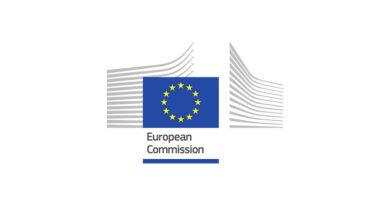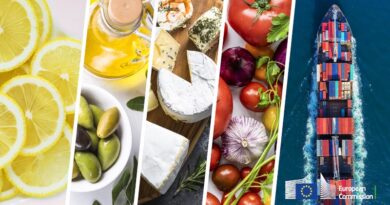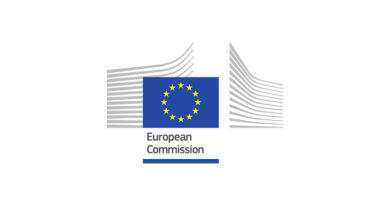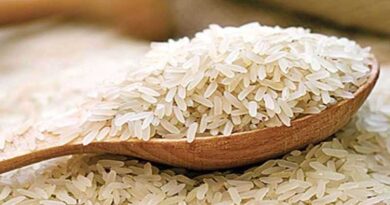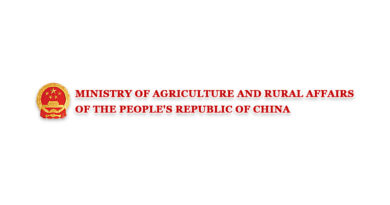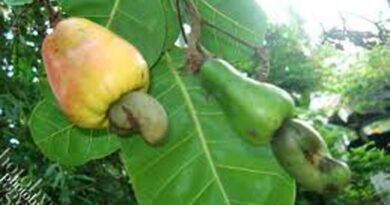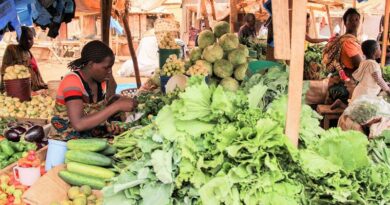The growth potential of EU agri-food exports via e-commerce to China
02 May 2022, China: China is the world’s largest e-commerce market, with agri-food sales through e-commerce estimated to be worth just under € 82 billion in 2020, making it equivalent in size to the total food and beverage market of the Benelux countries. It is an important destination for EU agri-food exports in general, and increasingly for sales through e-commerce. The study published today by the European Commission provides a comprehensive overview of the existing and potential market opportunities and challenges for EU agri-food stakeholders to export their products via e-commerce to China.
China is the third destination for EU agri-food exports, totalling more than €17 billion in 2021 and representing 8.7% of EU27 total agri-food trade. The broad e-commerce market for EU agri-food products in China is estimated at around € 2.2 billion in 2020. The overall Chinese e-commerce market for agri-food products is forecast to continue growing strongly in the coming years (10 % per year).
The study identifies various factors relevant to EU agri-food exporters, including: products with the greatest potential; commonly encountered difficulties; the outlook for certain producers (SMEs, organic producers and GI producers); potential platforms and partners; business models; and initiatives taken to support exports.
Also Read: UPL provides 50 MT of Zeba to Bidal village in Maharashtra for Soil Application
The growing middle-class in China increasingly demands higher quality products and Western products are more popular with consumers from generation Z and millennials. This leads to a positive outlook for EU agri-food products sold through e-commerce, especially for organic and GI (geographical indications) products.
After a thorough analysis of various factors, the study concludes that the following product categories appear to have the best potential: products perceived as healthy (e.g. plant based); baby food; wines and spirits; food GIs (especially processed meat and dairy products); packaged organic products; and pet food.
Other categories also show promising prospects: food supplements and superfoods (vitamins, bars, etc.); cereals and breakfast products; olive oil; coffee; biscuits and snacks; milk and dairy products; and confectionery. In order to be sold online, it is essential that products possess a brand, and that they have a long shelf life. These two characteristics largely explain the limited potential of fresh products to be exported through e-commerce.
The need for localisation and promotion and the different technological landscape in China frequently pose challenges for EU exports. There may also be challenges with shipping goods to China at economically attractive rates, the level of competition on the market, the economic viability of selling through e-commerce (most notably, the high entry fee for most Chinese e-commerce platforms), or the protection of intellectual property rights.
A substantial number of guidance documents are freely available to all EU operators interested in accessing the Chinese e-commerce market. Furthermore, there are notable European Commission initiatives to support activities on the Chinese market, including funding for the promotion of EU agri-food products. The EU SME centre runs many important initiatives, including various webinars and publications of high relevance to companies exporting through e-commerce and/or selling agri-food products in China.
The research for the study took place between the end of 2020 and December 2021 and was conducted by a consortium of expert companies in Europe and in China.


